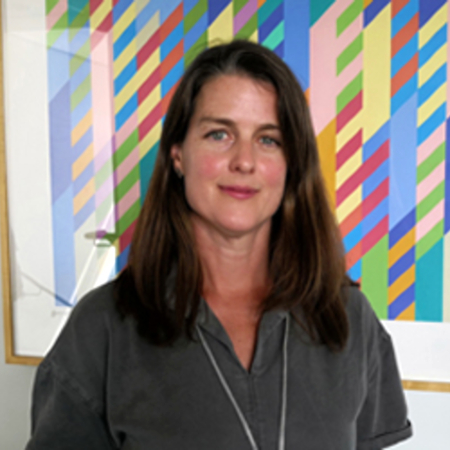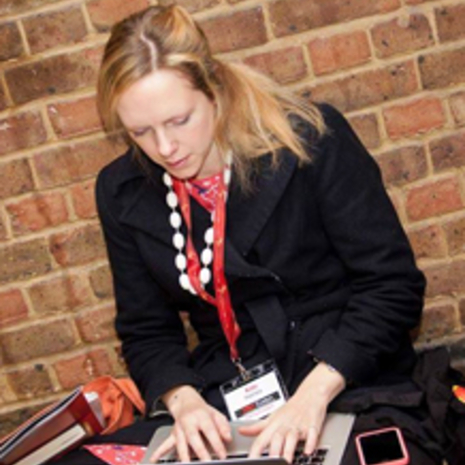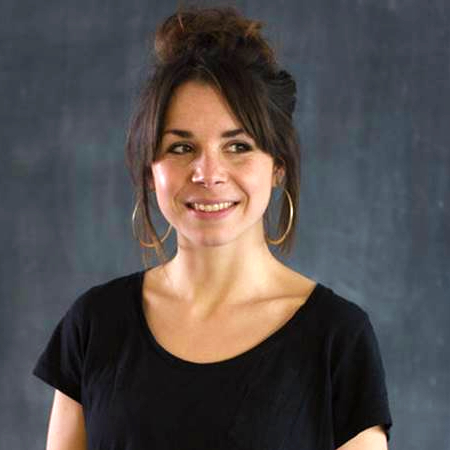Education Incubator Fellows 2021/22
The Education Incubator is a University of Exeter investment in cultivating pedagogic innovation and collaboration. Each year, the Incubator supports academics from across the University to develop projects where they can create and explore pedagogic innovations that have an impact on the wider experience at Exeter and beyond.
A panel met in April 2021 to discuss 49 project applications on a wide variety of topics. They agreed to fund 10 projects led by staff from across the University, and supported by the Education Incubator:
Incubator Projects 2021/22
The Incubator is running 10 projects under three themes in 2021/22. The projects come from across the University and a range of disciplinary perspectives. This year the projects are involved in creating and evaluating Globally-Engaged Learning projects, developing alternative approaches that support Transformative Education, and challenging existing structures to improve Racial Equality and Inclusion for all. The outputs and outcomes from these fellowship projects will be showcased and shared across the University and beyond.
The Education Incubator is part of the University of Exeter’s ongoing commitment to international excellence in education. To support this work, we have organised these projects into the following three networks:
Network Mentor: Christine Robins
Lit: Up: Nurturing regional talent through a creative agency pilot scheme
Anna Kiernan, Kate Wallis (HUMS), and Hazel Beevers
Our project seeks to reimagine learning and twenty-first-century education by flipping the delivery model from top-down to bottom-up innovation. By this, we mean that we are seeking to create a model for teaching and learning that links out to creative writing, publishing, entrepreneurship and creativity courses, through live briefs and call outs, so that our agency objectives might dovetail with learning outcomes, in addition to offering the potential for students to gain industry experience during their degree programmes. We believe that creative innovation combines the ability to imagine new futures with the ability to deliver them. Through this research and development project, we hope to enhance student learning by offering a range of challenge-based learning opportunities. Students will be able to submit writing, ideas and other creative content, in response to the calls, and will receive feedback from experts and professional support in developing their submissions. They will have an opportunity to take an active role in research and development of creative talent in the South West, and specifically within the university student population. They will also take part in discussions and workshops around the idea of creating value through ideas and storytelling across forms, with a view to monetising that creative content through an agency model.
We’d love to hear from you, if you’re interested in getting involved or finding out more:
Twitter: @thelitplatform
Instagram: @theliteraryplatform
Email: editorial@theliteraryplatform.com
Virtual spaces in a blended environment
Barrie Cooper, James Bingham (CEMPS)
This project will explore and evaluate the range of ways in which virtual spaces and “digital twins” can be used to bridge the divide between the physical and virtual in a blended learning environment. We intend to evaluate the educator and student experience to understand the advantages and disadvantages of spatially-located solutions versus aspatial technologies such as Zoom or Teams. We wish to focus particularly on building a sense of community and belonging, and understanding how the form and function of a virtual space can best inform its design.
We will evaluate the range of "digital twin" solutions currently used at the University of Exeter (e.g. ArcGIS, InVEnTA, Google maps, Labster, Mozilla Hubs, Gather), and we will work with staff and students to design, implement and evaluate suitable virtual spaces and events for curricular and extra-curricular activities.
Connective Cornwall: Improving Employability Access, Progress and Success for BAME Students
Oli Young, Costa Manolchev, and Rae Preston (UEBS)
The aim of the Education Incubator project is to develop a regional employability hub connecting students from underrepresented backgrounds with businesses in the local area and expertise from the Chamber of Commerce network. This will create inclusive employability opportunities open to UEBS and SSIS students, particularly from underrepresented backgrounds. It will also feed into the University’s entrepreneurship strategy and empower local businesses to act as community agents, by accessing the diverse talent within the university and playing a key role in tackling the impacts of racial disparity and low socioeconomic backgrounds.
Network Mentor: Lisa Harris
Building assessment confidence: effective use of examples of previous students' work for online and blended learning contexts
Lisa Alberici (GSE)
Many students (UG and PGT) ask to see examples of previous students’ work when preparing for and completing assignments. This can be particularly helpful for some students from widening participation backgrounds, who are being exposed to academic writing for the first time. Access to such work might also be helpful to any student for building assessment confidence and supporting the development of academic skills and assessment literacy, for example by examining the difference between work being produced at different levels. It is vital that the use of previous students’ work is done in a way that is respectful of the students whose work it is, and it needs to be compiled, secured and retained within GDPR parameters. This means that there is usually an ad hoc approach taken by individual module tutors, some of whom are uncertain about what they can and cannot share. In addition, where examples of previous students’ work have been provided, some students have fed back that it is not clear to them how they can use these in a meaningful way to improve and develop their own assignments.
This project will respond to these issues by researching good practice in terms of effective use of examples of previous students’ work and, using this, we will seek to create a resource that could support educators to access and use examples of previous pieces of assessed work. The project intends to address the problems of how to secure relevant permissions; how to process and store pieces of work; how students would access the examples; what should be provided as well as the piece of work (e.g. marking criteria, feedback, annotations); and which types of activities help students get the most out of engaging with the work of previous students?
Improving the student programming experience via continuous automated feedback and industry-standard tools
Barrie Cooper, James Bingham, and Jemma Shipton (CEMPS)
Mastery of programming is a vital graduate skill, particularly in STEM subjects and increasingly across HASS disciplines. Yet it is the element that students most often report as frustrating, and is expensive to teach and assess. A great deal of feedback on programming tasks can be automated and made available to students essentially instantly as students work on their code. By providing suitable continuous feedback, we can improve student confidence in programming, better direct students in how to improve their own code, provide better information for tutors on what students are finding difficult, and better use tutor time for things that cannot be automated. This project will pilot the use of Github Classroom as a solution to the assessment of programming assignments. We will identify staff across a range of disciplines to evaluate Github Classroom in a variety of settings and with different types of assignment and programming languages.
Using Github Classroom, we aim to incorporate:
- Instant and continuous feedback to students on the “correctness” of their code via unit testing;
- Information to tutors on student progress on assignments, including identifying key problems to inform responsive teaching approaches.
- Industry-standard workflows for programming assignments, such as using git push and pull requests, issue tracking and commenting, all of which are standard within Github Classroom.
Informed by our pilots, we will run training sessions for staff on how to use Github Classroom, and work with interested individuals to develop suitable assessments and unit testing approaches for their modules.
Exploring the potential of 3D virtual reality (VR) as part of a blended learning approach to teaching clinical skills to student radiographers
Rosey Davies, Sue McAnulla, Jenny Shepherd, Karen Knapp, Christine Heales, David Harris, Sam Vine, and Sue Rimes (Academic Skills)
The project aims to enhance students’ learning experience by providing better understanding of the efficacy of VR in the teaching of clinical skills to radiographers. The project aims to address the following questions:
1. How do students value their experience of using VR x-ray simulation training?
2. How does student attainment in clinical skills tests following VR x-ray training compare with traditional training (previous cohorts)?
3. Does the VR equipment have physical fidelity (face validity), psychological fidelity and construct validity? To what extent do these factors underpin the transfer of learning, from the virtual environment and back to the ’real world’ situation (Harris et al., 2020).
4. Does VR technology have the potential to enhance the teaching of clinical skills for future cohorts, and to offer a model for increasing placement capacity?
This will enable the teaching team to use VR technology in the most effective and engaging way. We anticipate this will then improve the students’ learning experience by supplementing the real-world clinical placement. All preparatory clinical skills learning, including VR aims to improve students’ competence and confidence. This enhances their learning as they are better prepared to fully engage in the real-world placement experience. The intention is to determine whether VR training prepares students even better for their real-world placement experience. Whilst we already know that students report enjoying using the VR equipment, we anticipate that enhanced preparation for their placement will improve their overall learning experience.
Improving Neurodiverse experiences at University. The development and deployment of online training and teaching toolkits.
Ioanna Kapantai and Manuela Barreto (CLES)
Neurodivergence (including autism, dyspraxia, dyslexia and ADHD) affects one in seven people (Wojciechowski, 2019) and is therefore likely to affect a large proportion of our students. Students with autism commonly report reduced self-esteem and career ambition (Griffin & Pollack, 2009) and have difficulties meeting academic demands, despite no differences in intelligence.
Given the University’s Teaching Excellence Framework, we believe that improving our ability to respond to the needs of Neurodiverse students is essential for ensuring equality of opportunity for all students. In this project, we intend to address the lack of provisions for Autistic students to promote Success for all. We aim to create training and practical teaching tools that will support staff in teaching and supervising neurodiverse students, as well as encourage thoughtful interactions with neurodivergent colleagues. As part of this project, we will develop an interactive, modular, online training programme (on ELE) that will provide practical ideas for inclusive practices, and a toolbox to guide staff to start constructive conversations with their students. We believe that this will equip those in teaching positions with the confidence to support students across the university and create a mutually beneficial dialogue between students and those guiding their learning. This will be a student-led project.
Network Mentor: Vrinda Nayak
Elevating cross-cultural care: Transforming educational curricula to foster cultural competence in the helping professions
Dora Geraldes Bernardes, Ruth Flanagan, and David Mussell (CLES)
This project will provide evidence relating to cultural competence in a Masters course for Clinical Associates in Psychology (MCAPs).
Specifically, we aim to:
- Audit existing MCAPs curriculum against cultural competence to map what is currently taught in this area (and set baseline).
- Develop both student and staff cultural competence (measured with mixed methods).
- Embed cultural competence within the curriculum.
- Design and evaluate specific training for staff and students in cultural competence.
We aim to engage with students to work together on all stages of the project; specifically, students will take an active role in the implementation of the project as collaborators/ co-researchers and as informants.
Anticipated outcomes:
- Review MCAPs curriculum on cultural competence, set baseline, and produce a set of recommendations to improve the curriculum content both in terms of content and pedagogy of best practices to provide cultural competence training.
- Design, deliver and evaluate cultural competence foundational training in mental health.
- Deliver student-led activities to promote cultural competence (e.g., world café, CPD seminar series).
- Internal dissemination of the project via workshops for stakeholders; and external dissemination (conferences, blog, papers).
- Project evaluation (testing whether there is an increased sense of cultural competence in staff and students).
Understanding international students' academic, well-being and sociocultural adaptation
Angela Christidis, Beth Cossey, Meredith Farley, Sue O'Hara, Joshua Papanicola, and Emma Sweeney (UEBS)
The increase in international student numbers on campuses would have a direct impact on the student experience. This project aims to use a mixed-method approach to explore the experiences of home, EU and international students attending the courses. The focus will be in terms of building students’ collaborative and intercultural skills and developing a sense of belonging in the community. A whole student lifecycle approach will be adopted to address the causes of observable gaps in success and progression for international (BAME) students. The project intends to broaden our understanding of barriers faced by international students as they transition from one education setting into another. The project evaluation outputs will be utilised to improve supportive peer activities, increase meaningful interaction between staff and students, and help students improve their transition effectively.
Black British Studies - an open accredited module for the University of Exeter
Malcolm Richards, Ryan Hanley, Nandini Chatterjee, Hanife Hursit, Nour Azzalini-Machecler, Diana Valencia Duarte, and Theseus Stefanatos (GSE)
This project locates Black British Studies as an introduction engaging with the lives, cultures, politics, representations, arts, histories and movement of peoples of African descent in the United Kingdom, with their relations to other global cultural sites. Reflecting the need for greater attention to these issues in undergraduate and postgraduate courses, there are those within our community who do not accept it as necessary or valuable within the academy. A growing awareness of critical themes of social justice recognizes that discussions about the complexity and dynamism of Black British cultures can, and will be, uncomfortable for some. This project seeks to enable students, and university communities, to understand the deep historical roots of Britain’s many diverse Black communities. Taking an intersectional, creative, and community-led approach it explores how, when and why many different peoples of the global African diaspora came to call the British Isles home, and contributed to its contemporary character. We propose
to develop an online, open-access and accredited module in Black British Studies. Radically anti-hierarchical in structure and ethos, this course will be interdisciplinary and taught collaboratively by both university staff and students, and a roster of world-leading guest lecturers - including academics, artists, activists, and community scholars. Breaking with the ‘ivory tower’ of western academic tradition, we will explore these histories through artwork, fashion, music, writing, food, politics and worship, explicitly bringing out connections between students, communities and knowledge production. Exploring themes of migration, empire, displacement, dignity, survival and resistance, this course brings conventional tools of the historian’s and educationalists trade together with a focus on valued ways of learning and knowing.
To learn more about these projects, or if you have any questions about future funding opportunities, please email the Incubator at educationincubator@exeter.ac.uk.

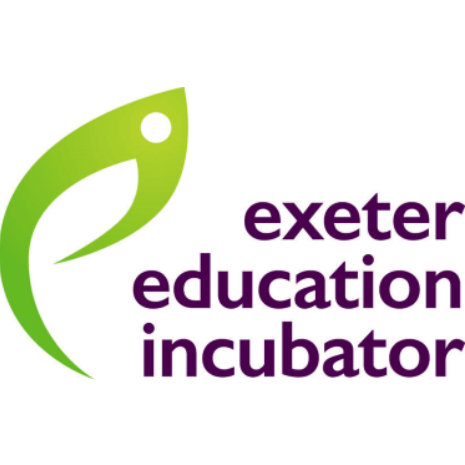
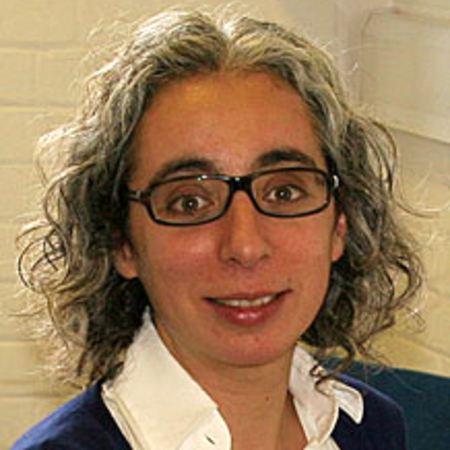
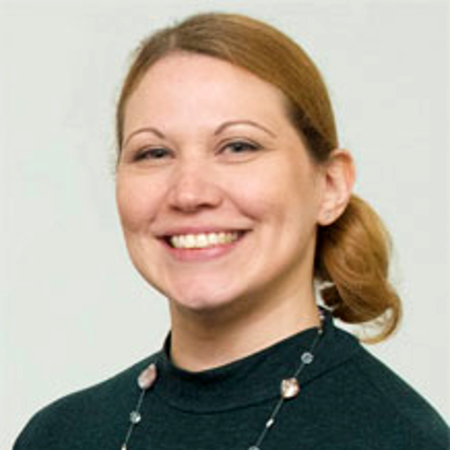




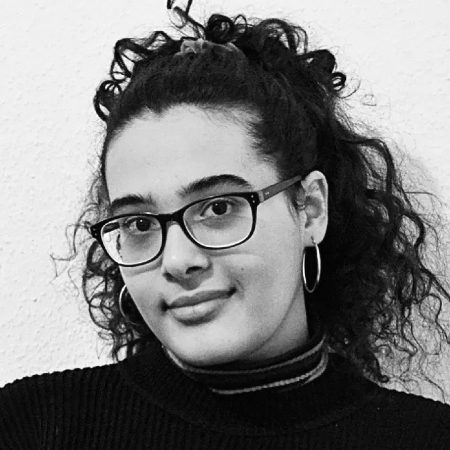

.jpg)


.jpg )

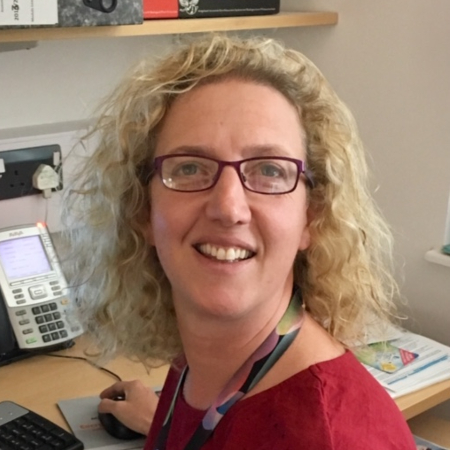
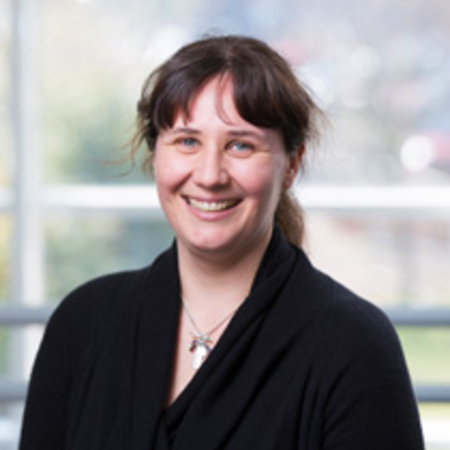

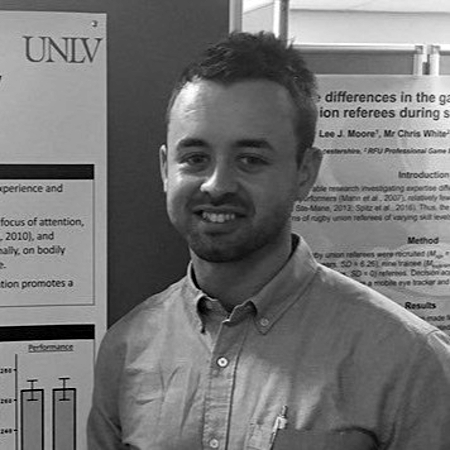





.jpg)
.jpg)


.jpg)

.jpg)
.jpg)
